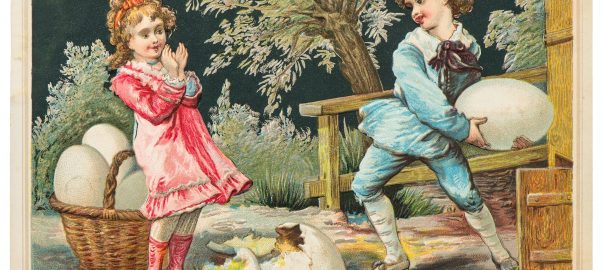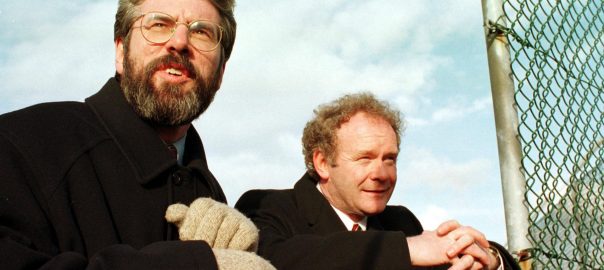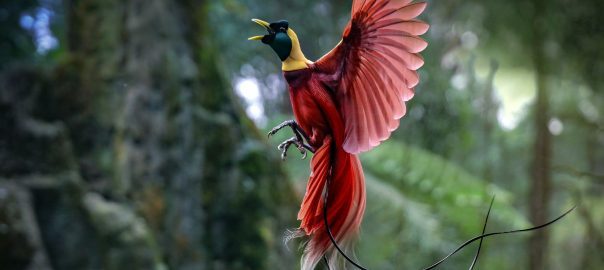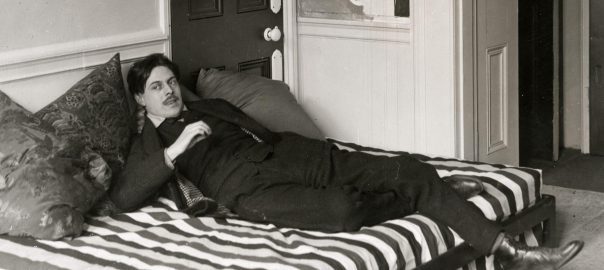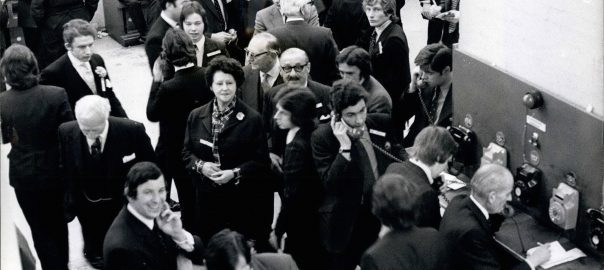Serin Quinn, University of Warwick
A lot of Easter traditions – including hot cross buns and lamb on Sunday – stem from medieval Christian or even earlier pagan beliefs. The chocolate Easter egg, however, is a more modern twist on tradition.
Chicken eggs have been eaten at Easter for centuries. Eggs have long symbolised rebirth and renewal, making them perfect to commemorate the story of Jesus’ resurrection as well as the arrival of spring.

